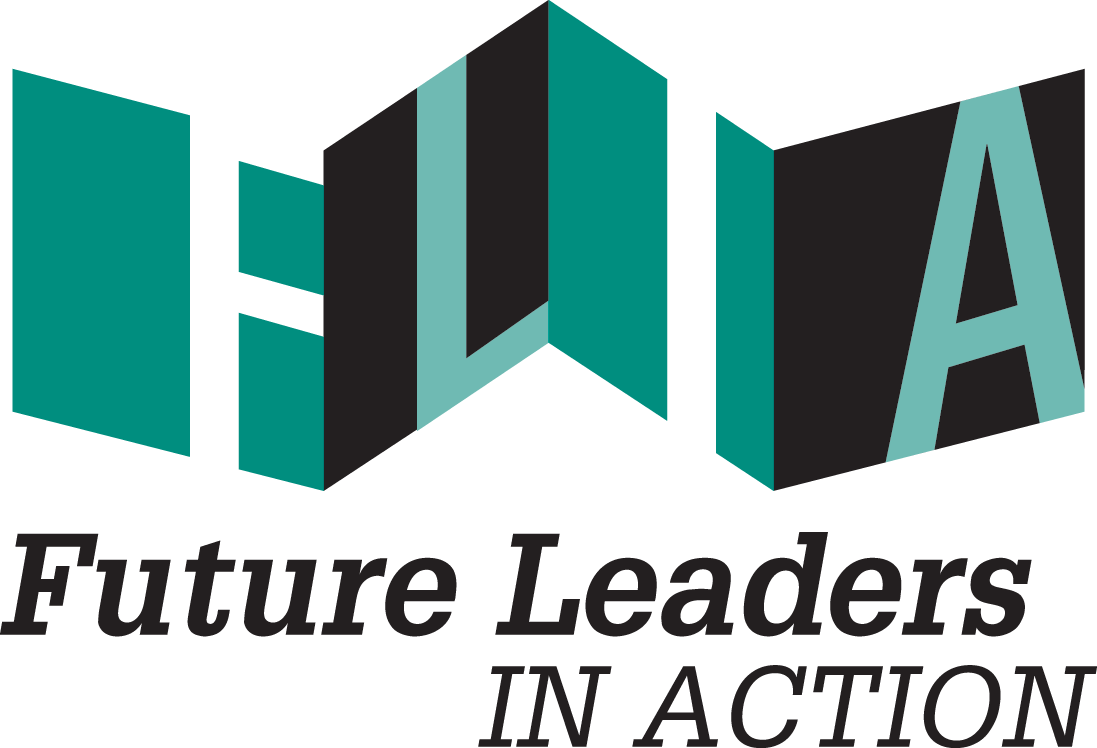Jenna presenting ideas for the alumni network at a board meeting
Usually, when people talk about the word alumni, they mean something along the lines of a former member of a group or organization; a graduate. But what happens when an organization, group, school, or company wants active members who have been connected with them in the past? In the case of the Residential Addiction Treatment program at YSS, nonprofit partner of FLIA and the organization I'm working with, the solution is an Alumni Network. Still, what is an Alumni Network? There is no one answer to that question, but for YSS, it takes the shape of engagement, support, and recovery. While all three of these things are interconnected, here are some examples of what those tenets look like on their own:
Engagement
This may take the form of daily motivational messages, questions, and surveys about current feelings and experiences in regards to client’s mental health and addiction. It will also make it easier to create future events and invite alumni to yearly YSS events, increase YSS alumni’s ability to network, build meetings, and/or groups.
Support
Staff at YSS will facilitate alumni relationships, and ensure that people who have left the program continue to get the supports they need. Keeping in touch helps YSS keep track of how past clients are doing, feeling, and what they are in need of - be it just a check-in message or an intervention.
This support can also be between alumni with each other, as support from someone with similar experiences is invaluable to this type of recovery work.
Recovery
The ultimate motive for the Alumni Network is to assist alumni, through methods listed above and more, to remain in charge of their addiction and sobriety - especially post-residential treatment, where relapse is common.
It's also meant to connect alumni with tools at YSS or through other alumni to find resources such as affordable housing, as well as education and job opportunities. With this, they can build the full lives they deserve and, in turn, help others through recovery.
Connection
This is the main mission of the network. At YSS, 80% of youth who participate in the residential treatment program complete it, but recovery lasts far past completing a program. Relapse is common, with rates between 40 - 60% in the first year after treatment, and as high as 91% when it comes to opioids like heroin. The importance of connection and outreach is unmatched, especially for those in recovery.
The experience I bring to this project is wide and varied. My background is in Gender, Women, Sexuality studies and Global Health. Within that, I focused heavily on women’s health and the importance of healthy relationships for all humans.
One particular educational experience that drew me to this position was my time working at the Iowa Correctional Institution for Women (ICIW). During my time there I facilitated a Healthy Relationships class under the premise that building healthy relationships with ourselves, our families, friends, and intimate partners is at the core of a successful life. A narrative we discussed heavily was addiction and the impact it has on lives and relationships. Because YSS works with youth in addiction treatment, ranging from twelve to eighteen years old, I saw it as a way to really make an impact on mitigating the risk of arrest and imprisonment, as well as other life-changing circumstances.
Connection through engagement, support, and for recovery can be the difference between sobriety and relapse in someone's life. Addiction is a multi-faceted problem and has to be treated in an array of ways. YSS has got the treatment down, being a SAMHSA accredited facility, but now it's time to expand the long-term impact! Recovery, here we come!



